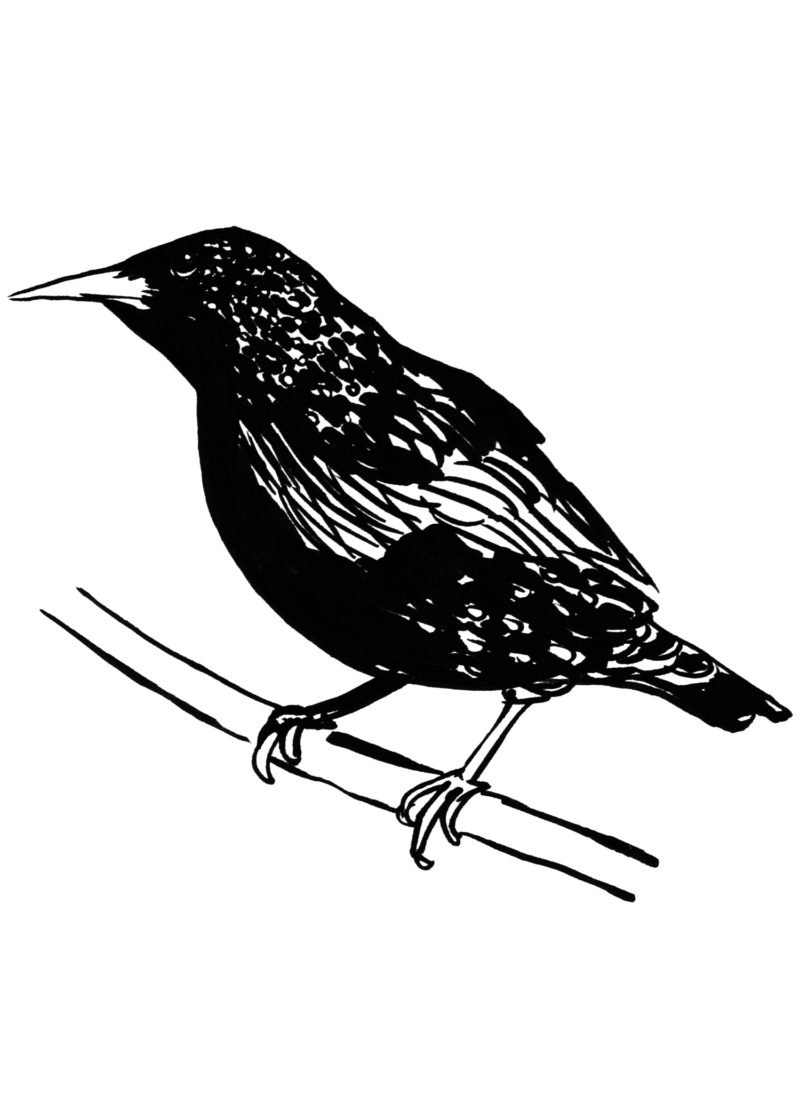…in sharp contrast to the public spectacle surrounding the former tsars’ appearances at the ballet, audiences and dancers never quite knew when Stalin might appear or which of his surrogates might be there, watching.
—from Apollo’s Angels: A History of Ballet, by Jennifer Homans
| First the murmuring, then the air turned peculiar: the sudden, stifling closeness of two thousand breaths drawn and held like the fermata before an entrance.Though no one can be certain of his presence, all know at such a time to fall silent, to press themselves against seatbacks polished by decades of shoulders,incline their heads toward the stage and await the safety of music, the violins compelling the movement of the dancers. To survive is to be still: to see without seeing the bulletproof box nestled at stage right, its shelves from a traitor’s death. Above, the three-tiered chandelier of serfs long perished, insensible to the cries of revolution, the birth of a new country. Now, dancers plié and tour. desperate to hear the footfalls of the ballerinas, |





